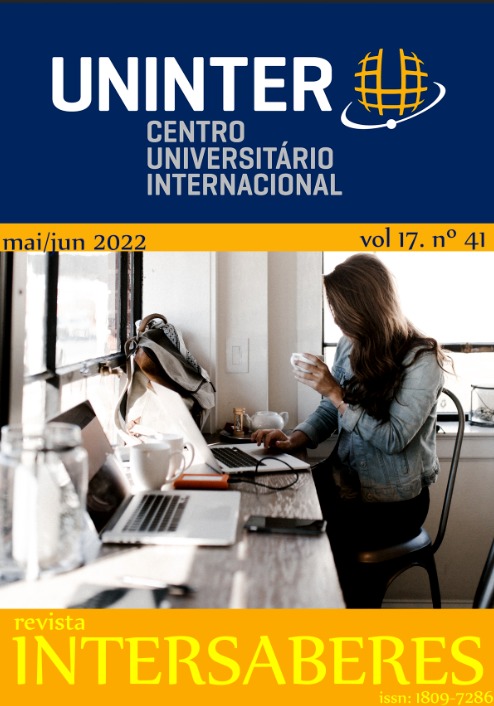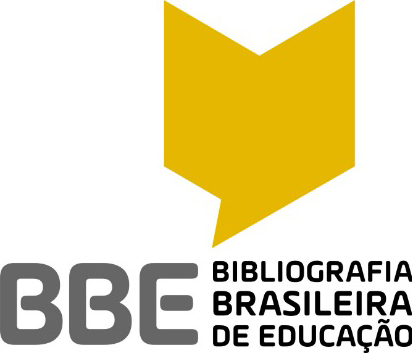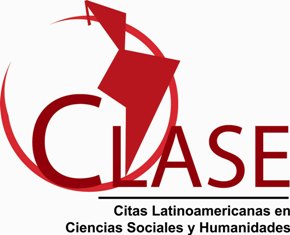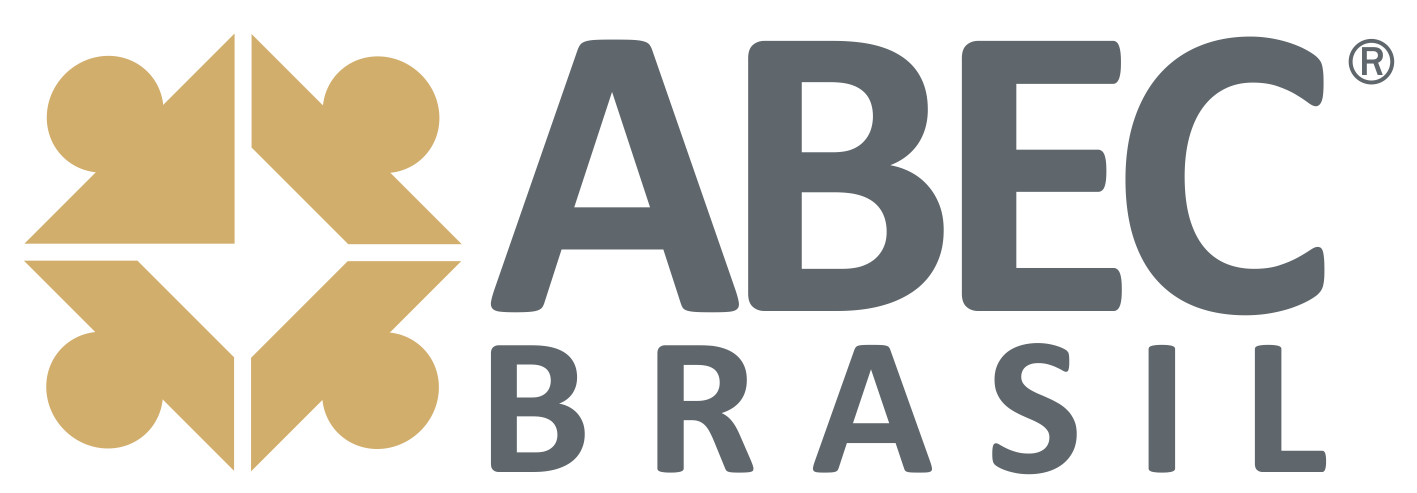"Um instante por favor meu filho está me chamando": notas sobre maternidade e trabalho pós-março de 2020 a partir do Youtube
DOI:
https://doi.org/10.22169/revint.v17i41.2342Keywords:
research mothers; pandemic; universities; YouTube.Abstract
This bibliographical and documental study aims to collect, analyze, and constitute memory from the testimonies of women researchers and academic professors who publicly debate, in digital media, from the YouTube platform, the challenges arising from the need to reconcile motherhood and professional academic activities in the post-March 2020 period. The analysis of these mothers’ speeches considered phenomenology’s theoretical assumptions, which has as one of its fundamental principles the need to suspend pre-judgments and give voice to the research subjects, to describe the phenomenon studied by recognizing senses and meanings. Given the high volume of videos found from the descriptors “researcher mothers” and “pandemic”, this research considered the first 25 results referring to the period between post-March 2020 until December 2021, which indicate that digital technologies, especially social networks, and applications for live broadcasts, were and still are fundamental tools to support researcher mothers and teachers in general. Moreover, it is observed that the material available on YouTube, among other social networks and platforms, is a very rich and still little explored source for academic research, especially in the educational field.
Downloads
Downloads
Published
How to Cite
Issue
Section
License
Copyright (c) 2022 REVISTA INTERSABERES

This work is licensed under a Creative Commons Attribution-NonCommercial-NoDerivatives 4.0 International License.
Os direitos autorais dos artigos publicados na Revista são de acordo com a licença CC-BY-ND - Creative Commons ( https://creativecommons.org/licenses/by-nd/4.0/legalcode)
Esta licença permite que outras pessoas reutilizem o trabalho para qualquer finalidade, inclusive comercialmente; no entanto, não pode ser compartilhado com outras pessoas de forma adaptada e o crédito deve ser fornecido ao autor.
Os direitos autorais dos artigos publicados na Revista são do autor, com os direitos de primeira publicação para a Revista





























